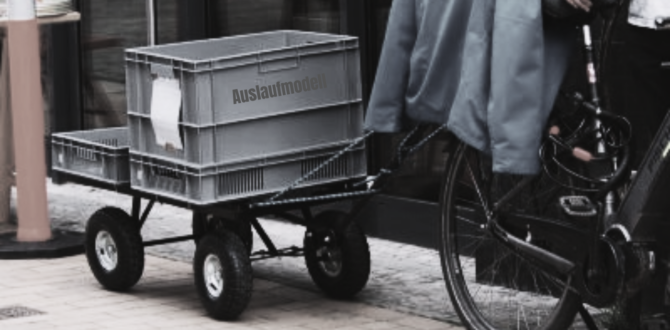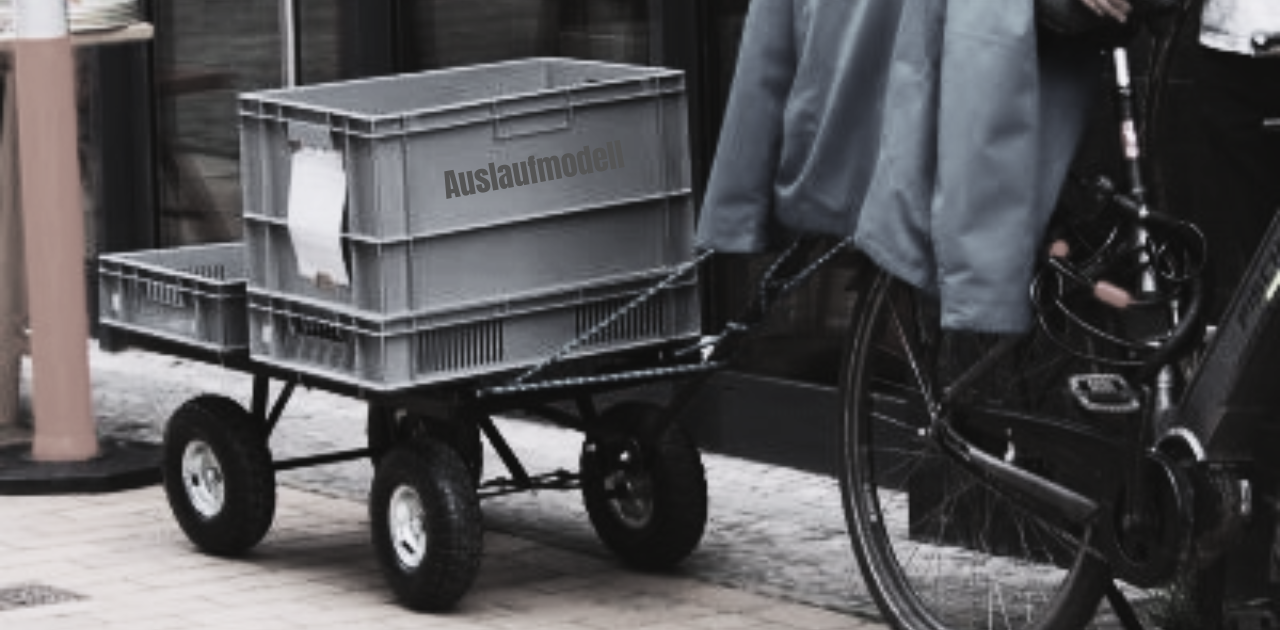E-cargo bikes are becoming increasingly popular. Especially in times of high fuel prices, investing in one could be worthwhile for many companies.
Under the guidelines for promoting e-cargo bikes, the Federal Office for Economic Affairs and Export Control (BAFA) provides subsidies for the purchase of e-cargo bikes and e-cargo trailers used for bicycle-based freight transport. The program was temporarily suspended but resumed in October 2024. The funding period is currently set to end on June 30, 2027.
Who Can Apply for Funding?
The following entities are eligible to apply for funding:
- Private companies, regardless of their legal form (including cooperatives) or type of activity (including self-employed professionals).
- Public law corporations/institutions (e.g., universities).
Important:
The application must be submitted before placing an order with the dealer or manufacturer. Once the funding approval notice has been received, the order can be placed, and the purchase completed!
What Is Funded?
The funding covers the purchase of cargo bikes and cargo trailers with electric pedal-assist systems (e-cargo bikes or e-cargo pedelecs) for bicycle-based freight transport in industries such as manufacturing, trade, commerce, and services.
Bicycle-based freight transport, as defined by the e-cargo bike directive, involves the use of funded e-cargo bikes for transporting goods (items).
Funded e-cargo bikes and trailers must meet the following requirements based on their design and construction:
- Provide transport options that are permanently attached to the bike.
- Have a greater carrying capacity than a conventional bicycle.
- Have a permissible total weight of at least 170 kg.
- Be mass-produced and factory-new.
- The continuous rated power of the electric assist motor must not exceed 250 watts, must progressively reduce, and must cut off when the speed reaches 25 km/h (or earlier) or when pedaling stops.
A list of e-cargo bikes and trailers that meet these design requirements and are therefore eligible for funding can be found here.
What Is Not Funded?
The following are not eligible for funding:
- S-pedelecs that provide pedal assistance up to 45 km/h.
- E-bikes with a purely electric motor that accelerates above 6 km/h without pedaling.
- E-cargo bikes and trailers that:
- Are not factory-new.
- Are designed for passenger transport (e.g., rickshaws).
- Are purchased for private use (e.g., shopping, commuting).
- Are used as sales stands, for sales structures (e.g., drink sales), or as permanent advertising or information stands.
- Are leased or purchased through rental agreements.
- Are used for sharing purposes.
- Are second-hand or made predominantly of used components.
- Have been retrofitted with an electric motor.
How Is the Funding Provided?
The grant is based on the eligible project-related expenses, covering 25% of the purchase cost, with a maximum of €2,500 per e-cargo bike or e-cargo trailer with an electric drive system.
- Installment purchases are permitted, as are rent-to-own agreements, provided that ownership is transferred within three years after commissioning, as stated in the rent-to-own agreement.
- The financing or rent-to-own agreement must explicitly refer to the approved and funded unit(s).
- Financing through leasing is not allowed.
More Information
Detailed information can be found in the guideline on e-cargo bike funding. The guideline also includes descriptions of the different types of cargo bikes and trailers that qualify for funding.



